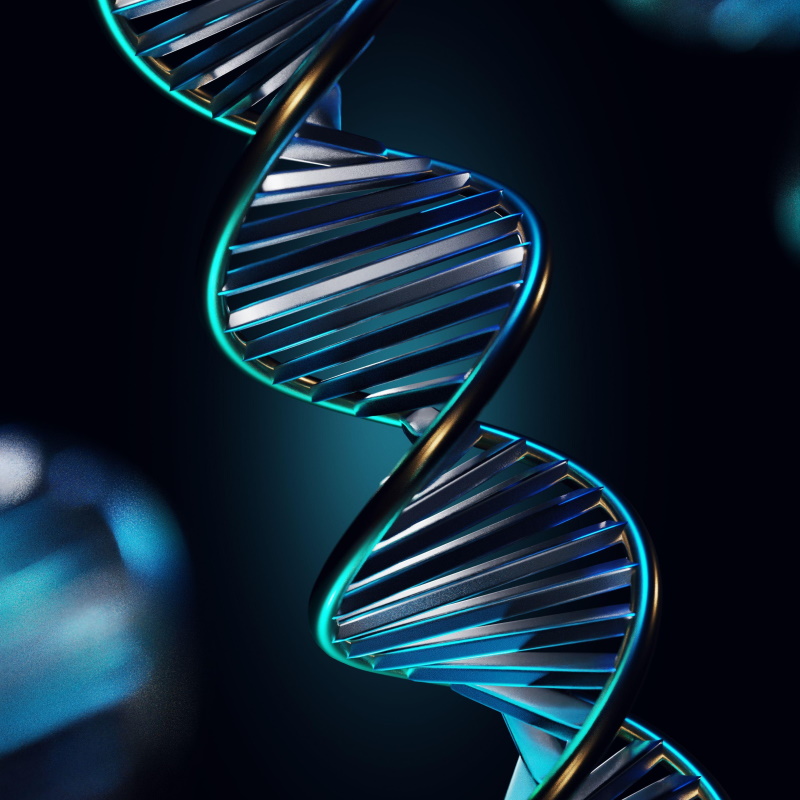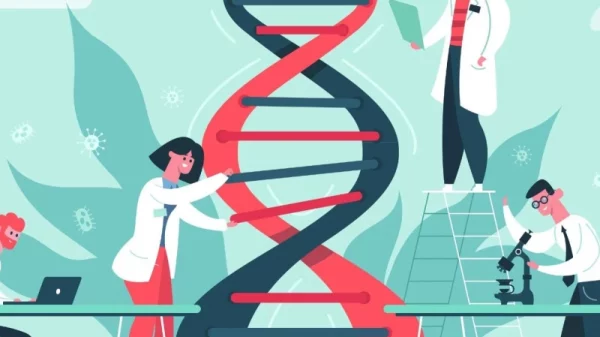In an era where information is abundant and digital data burgeons at an exponential rate, the limitations of traditional storage methods have become increasingly apparent. As our hunger for data grows, scientists and researchers are exploring revolutionary solutions to address the ever-expanding need for storage capacity. Enter DNA, the molecule that holds the blueprint of life, now being harnessed as a cutting-edge medium for storing vast amounts of digital information. Let’s delve into the world of DNA data storage and its potential to overcome the challenges of conventional storage systems.
The Need for Revolutionary Storage Solutions:
The exponential growth of digital data presents a formidable challenge. Traditional storage methods, such as hard drives and magnetic tapes, are approaching their limits in terms of capacity and durability. The quest for storage solutions that offer higher density, longer-term stability, and energy efficiency has led researchers to explore DNA as a promising alternative.
The Power of DNA:
Deoxyribonucleic acid, or DNA, possesses remarkable properties that make it an ideal candidate for storing vast amounts of data. DNA molecules are incredibly dense, capable of storing immense amounts of information in a minuscule space. A single gram of DNA can potentially store several terabytes of data, surpassing the capacity of conventional storage media by orders of magnitude.
How DNA Data Storage Works:
Storing data in DNA involves converting digital information—such as text, images, or files—into the language of DNA, using the four nucleotide bases: adenine (A), cytosine (C), guanine (G), and thymine (T). This process, known as DNA encoding, assigns binary code sequences to these nucleotides. These sequences are then synthesized into actual DNA molecules in a laboratory setting, using biochemical techniques.
Advantages of DNA Data Storage:
- High Density: DNA offers unparalleled storage density, allowing vast amounts of data to be packed into a tiny volume.
- Longevity: DNA is incredibly stable, with the potential to preserve data for thousands of years under proper conditions, surpassing the durability of traditional storage methods.
- Space and Energy Efficiency: DNA storage has the potential to significantly reduce the physical footprint of data centers and minimize energy consumption required for storage facilities.
- Information Security: DNA data storage, if properly encrypted and secured, can offer robust security against unauthorized access and cyber threats.
Challenges and Current Developments:
While DNA data storage holds immense promise, several challenges remain, such as the high cost of synthesis and readout, as well as the need for efficient encoding and decoding methods. Researchers are actively working on optimizing synthesis techniques, improving error correction, and developing cost-effective methods to make DNA data storage more practical and accessible.
Future Prospects and Impact:
The potential applications of DNA data storage extend to diverse fields, including archival storage of vast libraries of information, long-term preservation of cultural heritage, and even space exploration, where compact and durable storage solutions are crucial.
Storing data in DNA represents a leap forward in the realm of information storage, offering unparalleled capacity, durability, and potential for future innovation. While challenges persist, the progress made in DNA data storage holds promise for revolutionizing how we store, access, and preserve digital information, paving the way for a future where the vast expanse of human knowledge can be stored within the molecules of life itself. As research continues and technology advances, the potential for DNA data storage to transform the landscape of data storage remains a captivating and exciting prospect for the future.











